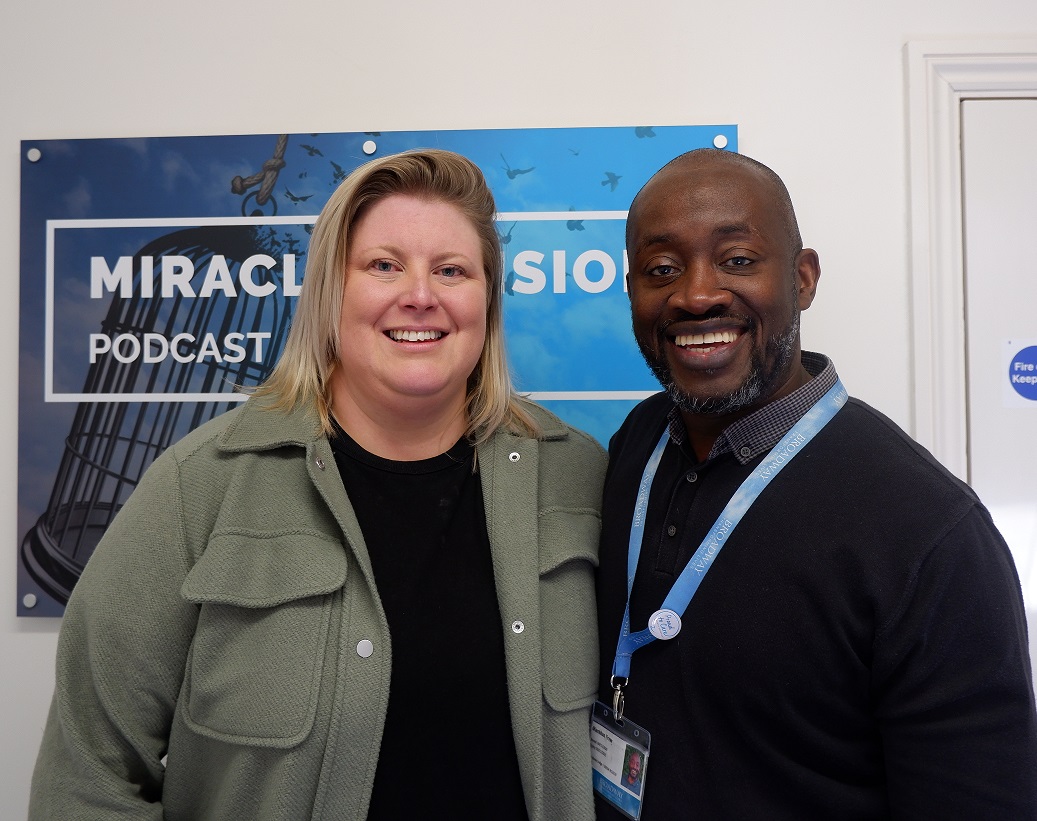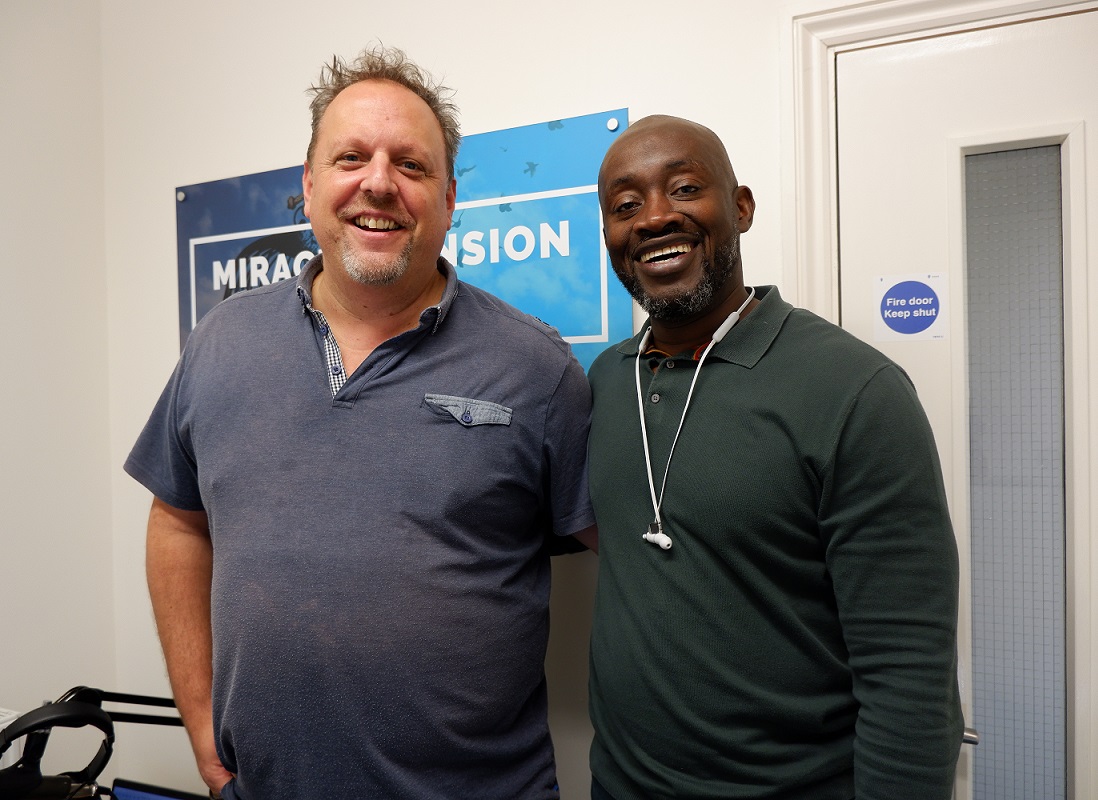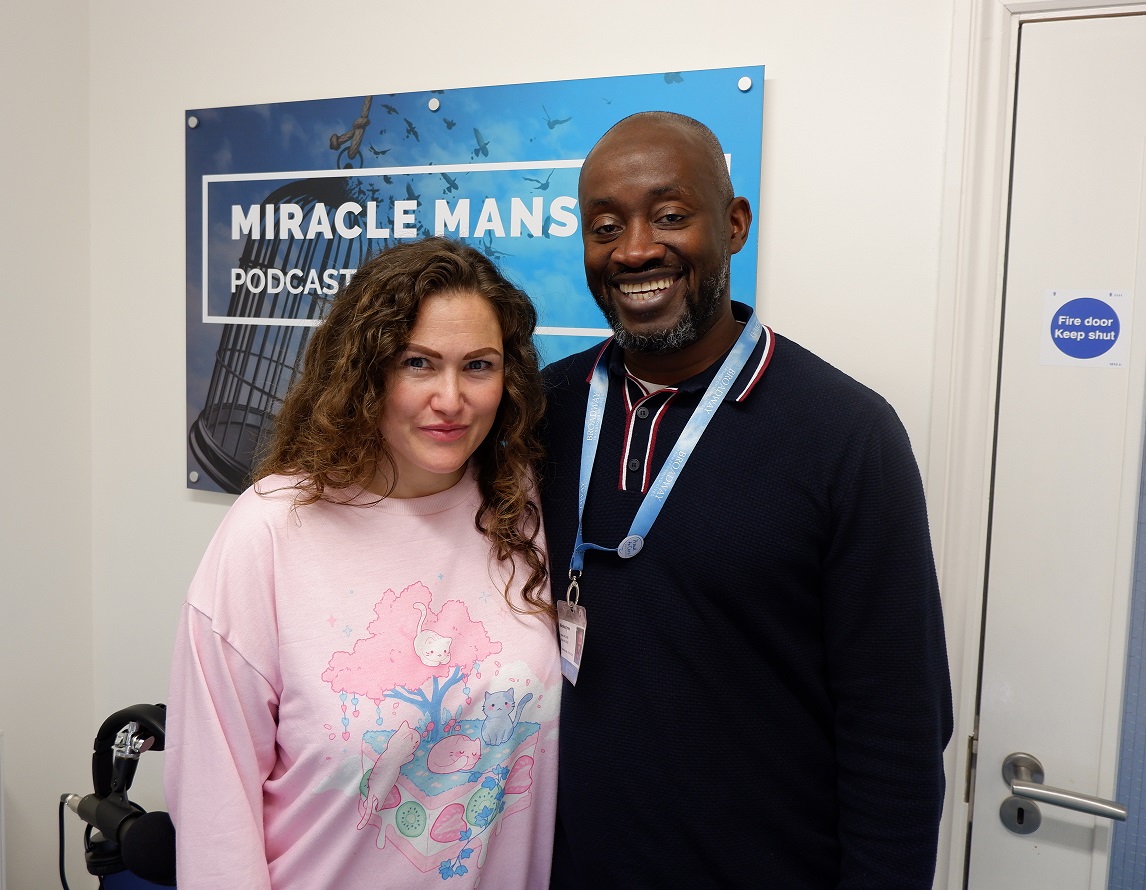At Broadway Lodge we pride ourselves on our focus on each service user as an individual, and on placing each individual at the heart of her/his own recovery.
With this in mind we are now collaborating with researchers at the University of Cambridge to conduct research that aims to shed light on the changes that our clients experience during recovery, and what they feel has helped them the most. The study, which, to the best of our knowledge, is the first of its kind, assesses various aspects of people’s health, wellbeing, personality, beliefs and life experiences over a period of six months.
Dr Karen Ersche, who is leading the research, has put particular emphasis on understanding the drug user as a whole person and, crucially, one who is not just defined by her or his drug-taking or drinking history. Specifically, she wants to find out how different people, with their own individual needs and backgrounds, experience treatment and the different treatment modules that we at Broadway Lodge offer our clients.
“We can learn a great deal from users’ experiences to improve treatment for the future, regardless of whether they eventually manage to stay drug abstinent after leaving treatment or not,” says Dr Ersche. “We are interested in the feelings, thoughts and viewpoints of every user”.
Broadway Lodge spearheads this study and is one of the first treatment providers in the UK to offer participation in the study to our clients. Participation is voluntary and clients’ questionnaire responses will be kept completely confidential. Staff will not have access to this data, as all information will be processed and stored at the University of Cambridge.
The hope is to expand this study to more treatment services, in order to complement the picture and give us a greater breadth of results from which to gain a deeper understanding of service users’ experiences, and thus go further in improving treatment for the future. Results are expected from the middle of 2017 and once available will be widely disseminated on this website as well as further afield.












